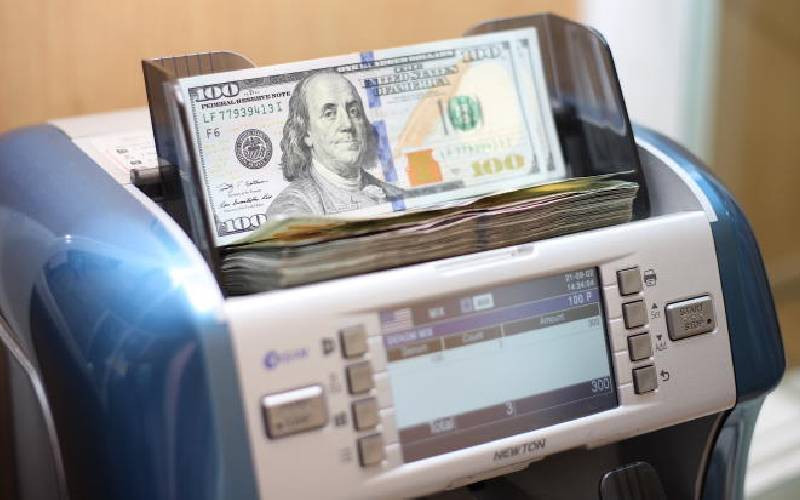×
The Standard e-Paper
Smart Minds Choose Us

Kenya, a net importer, should rethink its importation priorities and whittle down its list of commodities needed from other countries if the dollar shortage, and a yawning negative balance of trade, will be addressed.
The country has sufficient knowledge capital to develop solutions around its major imports, says economist Ken Gichinga.